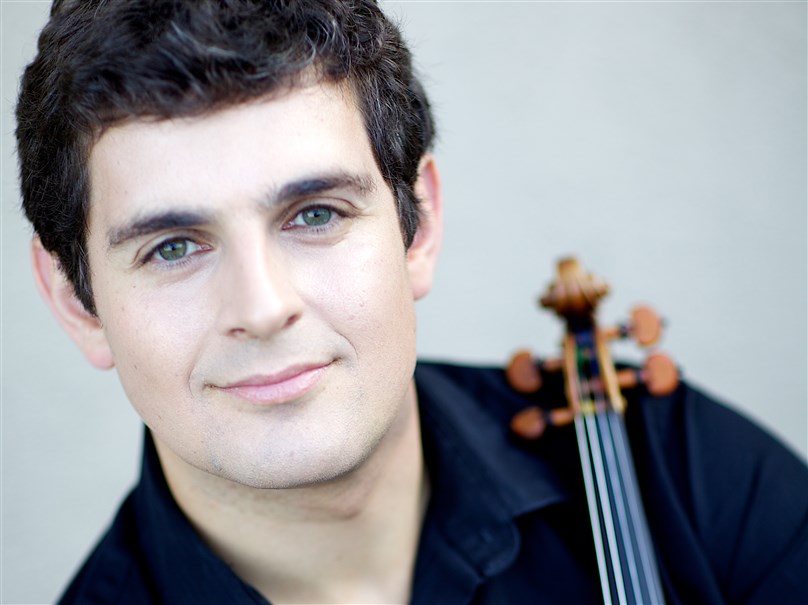
TELL a potential audience that you were giving a 20th-century programme and it used to be a large-scale turnoff. No longer, fortunately.
This attractive and imaginative one had everything you could wish for: good tunes, excitement and virtuosity, delivered with spell-binding discipline.
Its author and the man of the evening was Simon Wright, now into his fourth decade as musical director of this orchestra. He has shaped it into a formidable instrument. If there is a mainly amateur orchestra in this country that plays better than this, I have yet to hear it.
He chose Bernstein, Korngold and Rachmaninov, an unlikely-sounding trio but convincing bedfellows here. The overture to Bernstein’s comic operetta Candide was immediately effervescent, its rhythms tautly organised and confidently delivered. No-one controls a gradual crescendo more skilfully than Wright and the race to the tape was breath-taking.
How does he manage this? His attention to detail is phenomenal. Not that he is over-fussy, far from it. But he makes every section of the orchestra, indeed every individual within that section, know that he has their best interests at heart. He gives them all the signals they could wish for, but he does it without histrionics. It gives them the confidence to deliver.
Erich Korngold was pigeonholed for a long time by his music for stage and screen. But in the dozen years left to him after the Second World War, he turned to concertos and symphonic music, and these have brought him back into the spotlight in our neo-Romantic age.
The Violin Concerto in D major (1945), which was premiered by Jascha Heifetz, is an excellent example. The soloist here was Nicholas Wright, who happens to be the son of Simon Wright. But his presence owed little or nothing to nepotism. For he is carving out a significant career in his own right, as leader (‘concertmaster’ in North America) of the Vancouver Symphony Orchestra.
He played as to the manner born. In the opening movement, he steered well this side of sentimentality and turned in an aggressive cadenza, littered with double-stopping and lingering delightfully before its final trill.
In the ensuing Romance he managed to make sense of the composer’s ramblings, much helped by the conductor maintaining a near-perfect balance with the orchestra, leading to an effective diminuendo towards the lower strings.
The high-speed alternating pizzicato and staccato at the start of the finale held no terrors for him and he then brought out its main melody superbly. He became a veritable crackerjack in a whirlwind finish. Having briefly reminisced about his start in York, he tenderly offered John Williams’s theme from Schindler’s List as an encore.
This might have been a very hard act to follow. But Simon Wright had cards up his sleeve for Rachmaninov’s Second Symphony after the break. The problem with much of Rachmaninov is that there is often a slushy melody lurking in the offing and his romanticism needs to be tamed, especially if you are doing this symphony without cuts, as here.
Wright was never self-indulgent. After the slow Russian Orthodox-style motto theme, he kept the opening Allegro moving, managing a fine overarching crescendo and diminuendo, with snarling trombones at its peak. There was an underlying urgency to the Scherzo, even in its second theme with violins at the top of their range. The fugue-style trio was a pleasingly screechy contrast.
When you come to the slow movement, you have to relent and admire the composer’s ability to write a seemingly endless ‘big tune’. Following the example of the solo clarinet, the full orchestra sustained it beautifully; it was good to see the violins, right to the back desks, using the full length of their bows.
The finale got off to an explosive start, its triplets positively balletic. The descending scales at the movement’s centre rang out like bells. The woodwind had set the early pace. By the end the brass had asserted themselves too. Wright had them all eating out of his hand. They responded hungrily. This is an orchestra fashioned in his own image and it has never played better.
Review by Martin Dreyer
